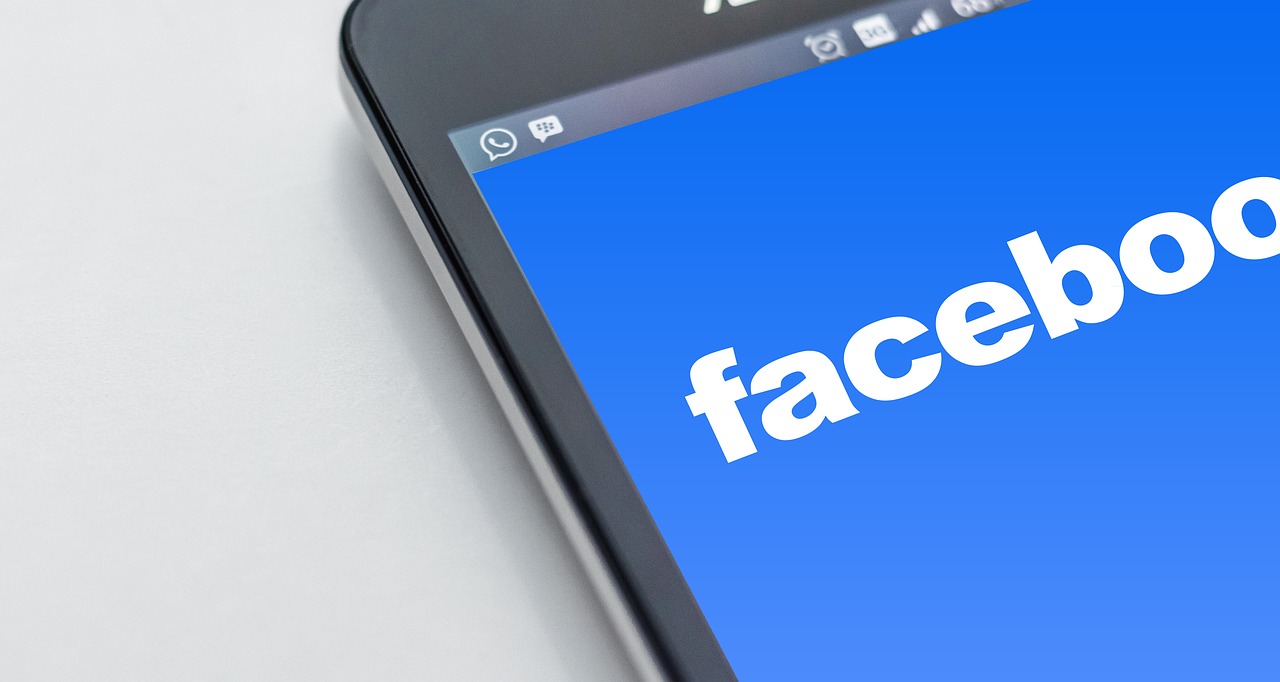At the start of the year, I decided to take a Facebook hiatus. My original plan was to give it up for a week. I’d developed such a Facebook habit, though, that it took several days for a new behavior pattern to take hold. So, at the end of that week, I decided to see if I could stick it out for a few more days.
Then I went a few more.
Soon, I’d gone two weeks without spending much time on Facebook at all.
And when I did go back, I found myself getting bored pretty quickly. That surprised me, to say the least. I’m not sure what it is about Facebook that I’ve always found particularly engaging–I’ve never had trouble breaking away from Instagram or Twitter. Facebook, however, could eat up an hour of my day before I’d even noticed what was happening.
Maybe that’s because of the variety of things I see there: links to articles, personal photos, status updates from friends, hilarious memes.
Or maybe it’s because that’s what Facebook was designed to do: suck you in and keep you busy. Maybe it’s just really good at doing its job.
When I chose to go on a Facebook hiatus, I did it only with the goal of reclaiming some time. I didn’t have a plan for how I’d spend that time, necessarily. Since focus is my word of the year, though, I’m doing whatever I can to make my days less fragmented. That means cutting back on the number of things that consume my time.
But I should probably go on record here and say that I’ve never been particularly concerned about how Facebook has made use of my personal data. I’ve always assumed that anything I do online is up for grabs–even if that information is supposedly private. If you know anyone who has dealt with one of their accounts being hacked (as our Netflix account recently was), then you know that online security isn’t absolute. Of course I expect my bank to do their best to keep my financial information secure, let me know when that security may have been breached, and fix the problem once they’ve identified it. It’s a bank. Security is part of their business.
But Facebook? Really? It’s a free service. I use it voluntarily. I use it to communicate with people I know personally, but also with some I’ve never met. And I have never assumed that Facebook owes me any kind of privacy. Even when it claims to let me be in charge of who sees what.
So my reasons for giving up Facebook were purely practical. If you’re thinking of doing the same, here are the steps that worked for me.
Start with your settings
I turned off Facebook notifications that showed up on my phone–no blinking light, no little number in the corner of the signature blue F. That meant I knew about updates only when I actually logged into the Facebook app. Because I didn’t know about them, I didn’t feel like I was missing anything. (And, in truth, I never really was.)
Recommit as necessary
Initially, I got frustrated with myself for falling into my well-worn habit of checking Facebook throughout the day. I felt like I’d failed at taking a hiatus. (How sad is that? I failed at taking a vacation!) When I realized what I was doing, though, I just closed the app. I did that several times a day, at first. But gradually, I didn’t have to do it at all.
I came to think of this as similar to developing a meditation practice: when your mind wanders, you gently bring it back to the present, without judgement or guilt. Over time, it’s easier to remain focused on the present. The same was true of learning how to live without Facebook: I learned to do that without a conscious intention.
Stay passive
The longer I stayed away from Facebook, the less interaction people had with my account. The number of notifications I received each day had clearly declined over the two weeks I was gone. That was mostly because I hadn’t given people anything to respond to. I didn’t show up in their feed, so they responded to something else.
Even after I started looking at Facebook again, I made a concerted effort to remain mostly passive. Since the start of year, I’ve made only 3 posts. I’ve cross-posted a handful of photos from Instagram, as well–but that doesn’t require logging into Facebook. Plus, all the responses to those photos are grouped into a single item on my Notifications feed.
Reconnect with purpose
After my two-week hiatus, I made a post explaining my new plan for interacting with Facebook: I check in once or twice a day, mostly to look at my notifications. I try to keep scrolling to a minimum. I asked that people tag me if they’d posted something they wanted to make sure I’d see.
I know a lot of people who’ve given up on Facebook cold turkey, but right now that’s not an option. For one thing, I use Facebook in connection with this blog. For another, it’s the primary way I have of keeping up with many friends who live in other parts of the country. So quitting altogether isn’t likely to happen anytime soon–but this newly modified relationship with social media seems to be working well so far.
A few days ago, I realized the browser on my work computer had “forgotten” my Facebook password over the holiday break. Then I realized that I couldn’t remember what it was. But instead of resetting it, I decided to let it remain forgotten. At least one of the computers in my life will reside, for now, in that blissful pre-Facebook world where computers served a specific and limited function.
Social media was not the focus of my life back then. And there’s no reason that it has to be now.





No Comments